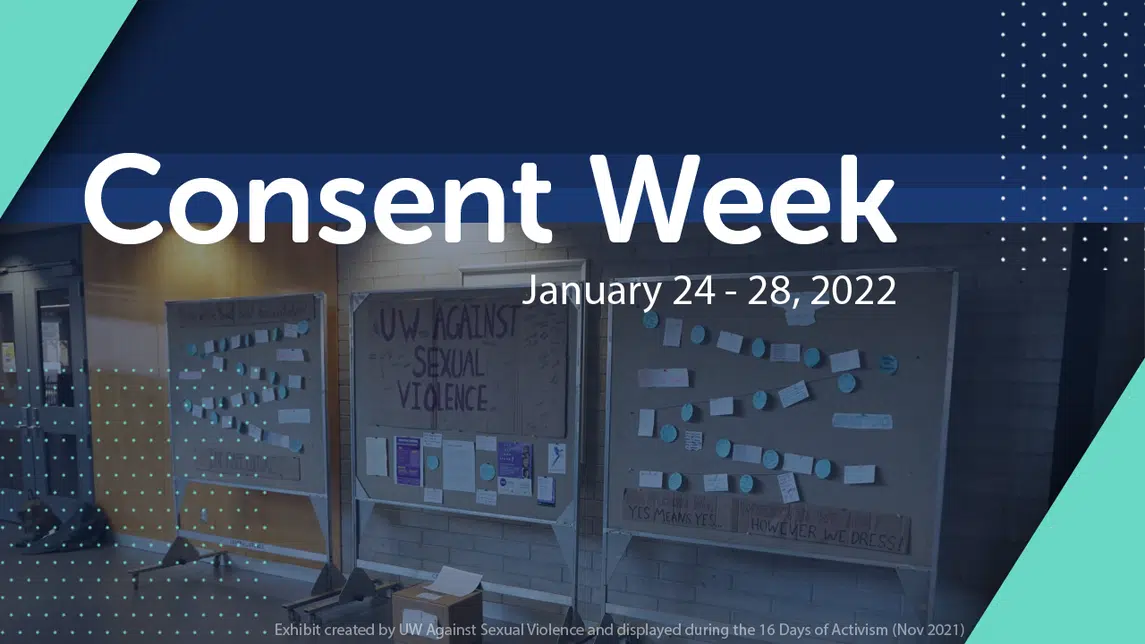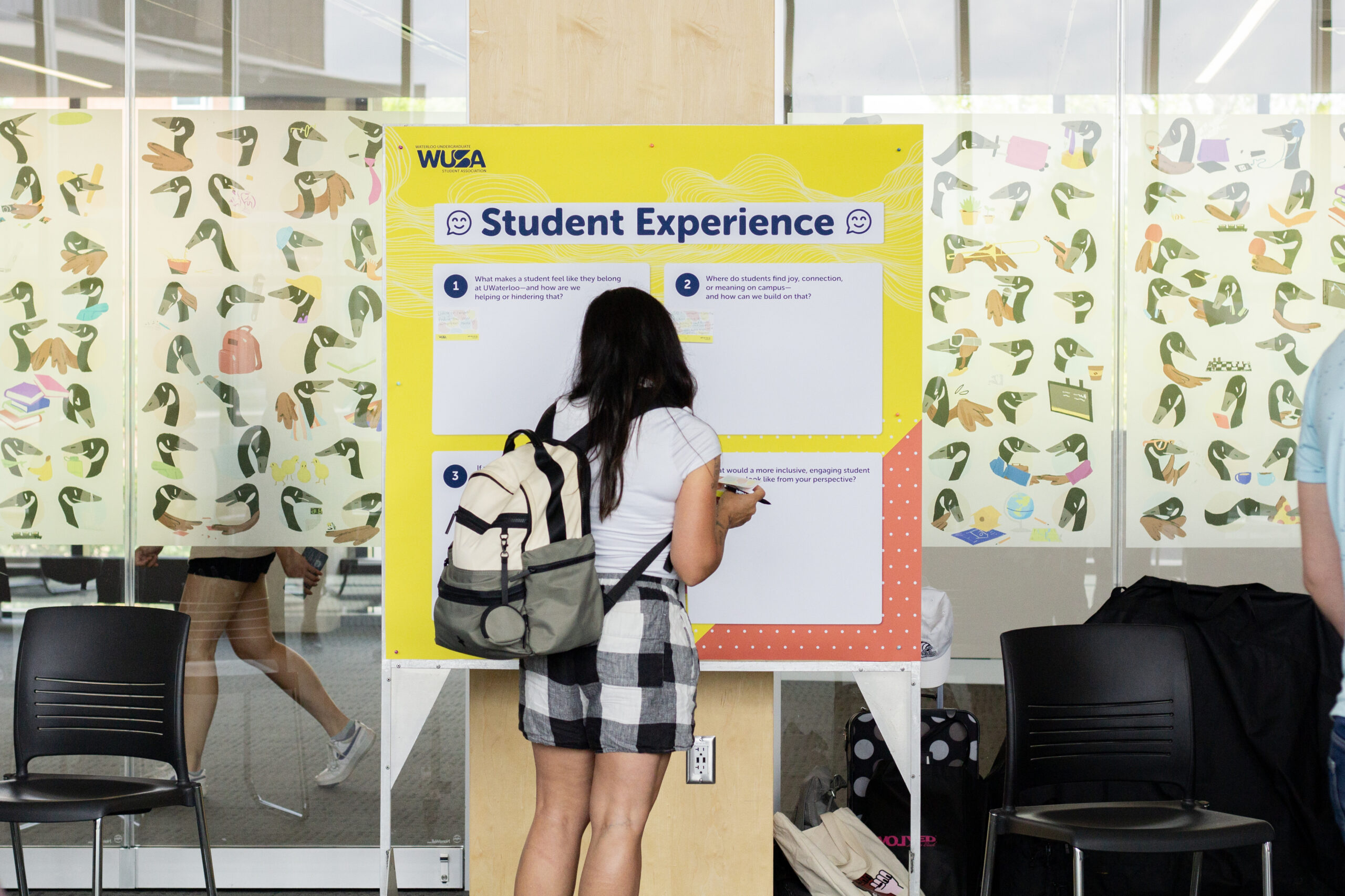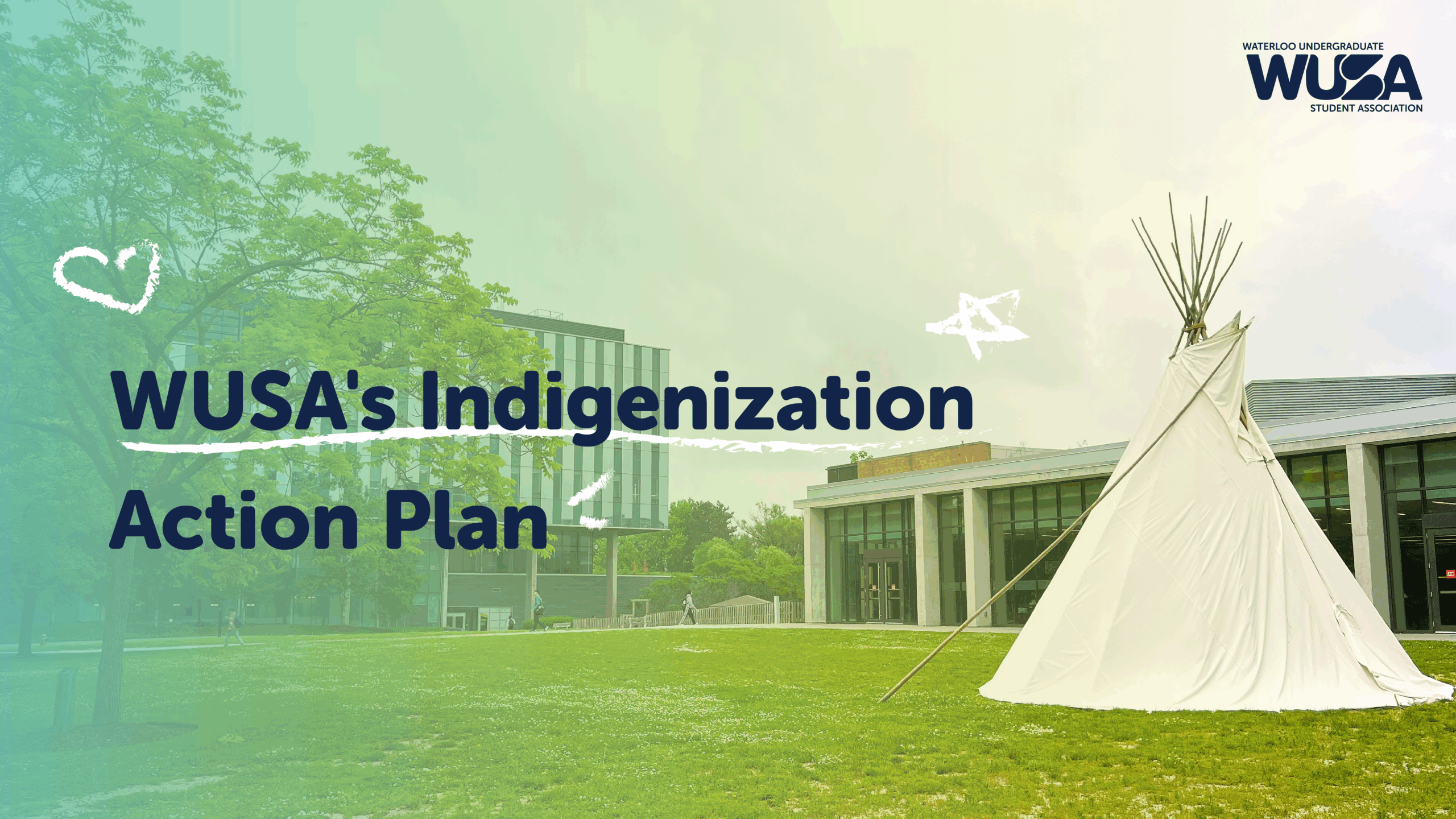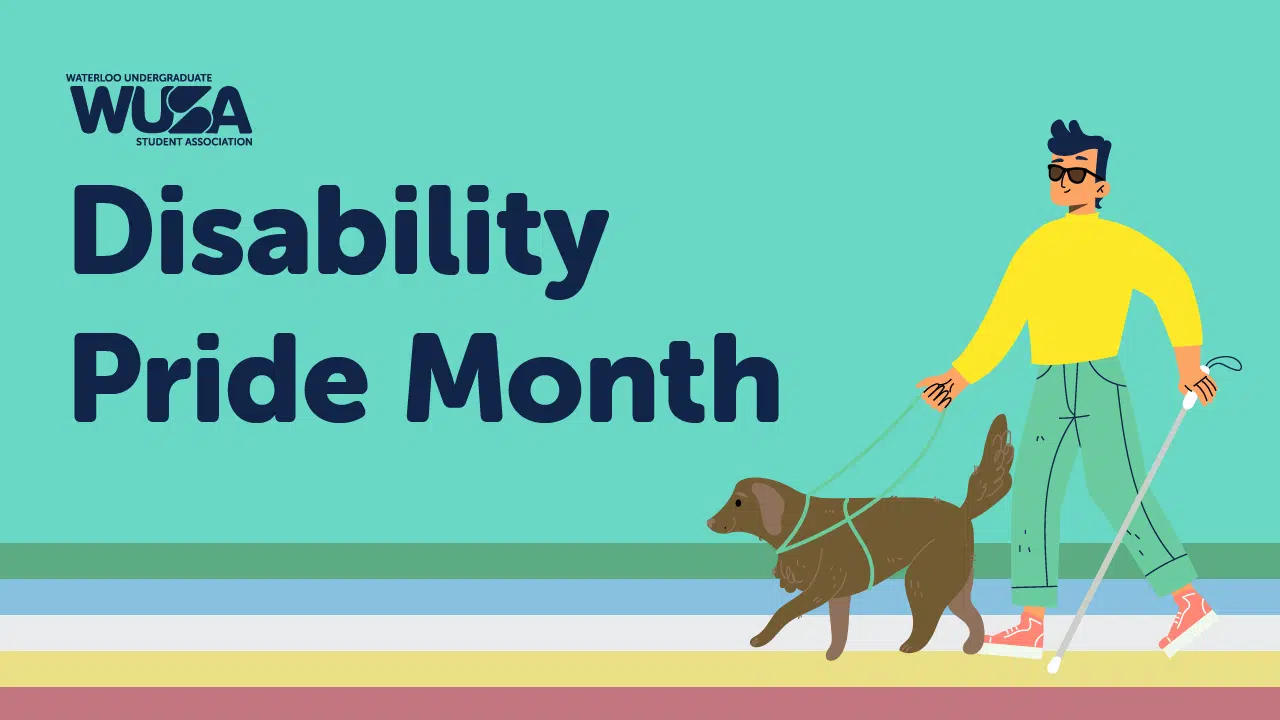There’s NO doubt about it: No means NO.

Your body is a rare temple. You adorn it with life-giving plants, bespoke decorations, meaningful totems, creative and personal pieces of art. It’s so beautifully yours; unique and breathtaking and extraordinary. Suddenly, a violent entity breaks through the tranquil and destroys everything in sight. Breaks beloved artifacts, destroys plants you so delicately nurtured to life. When asked why this beast acted in such a way, they simply reply, “Your doors were open. What did you expect me to do?”
What does it mean to give consent to someone? Why do we ask permission from others to do something? In a civilized society, we owe each other the respect of maintaining boundaries and caring about someone’s decision, especially during sexual activity. As most of us know, rape culture remains a prevalent issue in the contemporary world, where sexual assault and abuse have been trivialized as a ‘normal’ part of growing up, and where the fault for sexual assault is placed on the victim’s behavior rather than that of the perpetrator (especially for women). Its negative consequences are so systemic that most individuals fail to observe these disparities in everyday life. Reducing #ConsentWeek to a mere definition of permission or negation would be a disservice to its meaning and importance in our world. As champions of human rights and equality, we here at WUSA and UWaterloo understand the value of consent and promote its widespread comprehension.
There is no grey area when it comes to personal boundaries. No means no.
Consent Week runs from January 24 to January 28, 2022, which is a useful time to remind ourselves of what consent looks like, how to ask for it in a responsible and thoughtful way, and how to continually practice it in our daily lives.
According to RAINN (Rape, Abuse & Incest National Network), consent should be
“… clearly and freely communicated. A verbal and affirmative expression of consent can help both you and your partner to understand and respect each other’s boundaries. Consent cannot be given by individuals who are underage, intoxicated or incapacitated by drugs or alcohol, or asleep or unconscious.”
Therefore, consent is essentially about informed and open communication. Moreover, it relies on partners being specific – for example, consenting to kiss someone does not equate to giving permission to undress them.
Providing and Receiving Consent
You can change your mind at any time.
There is nothing wrong with withdrawing consent at any point if you feel uncomfortable. Clearly communicate to your partner that you are no longer comfortable with this activity and wish to stop. This is an example of a verbal cue. There could be a situation where verbal cues are difficult to use, so non-verbal cues like physical actions (nudging or pushing someone away, creating physical distance between your partner, negative facial expressions) can also be used to convey the same. Regular and frequent conversation is perhaps the best way to outline boundaries and limits, at the very outset and periodically through a relationship.
Enthusiastic Consent: Look for a ‘yes’ rather than the absence of a ‘no.’
According to RAINN, enthusiastic consent is a newer model for understanding consent that focuses on a “positive expression of consent,” which can be expressed verbally or through non-verbal cues, such as positive body language like smiling, maintaining eye contact, and nodding. However, these cues alone do not represent consent, but they are additional details that may reflect consent. It is necessary, however, to still seek verbal confirmation. Enthusiastic consent can look like this:
- Asking permission before you change the type or degree of sexual activity with phrases like “Is this OK?”
- Confirming that there is reciprocal interest before initiating any physical touch.
- Letting your partner know that you can stop at any time.
- Periodically checking in with your partner, such as asking “Is this still okay?”
- Providing positive feedback when you’re comfortable with an activity.
- Explicitly agreeing to certain activities, either by saying “yes” or another affirmative statement, like “I’m open to trying.”
- Using physical cues to let the other person know you’re comfortable taking things to the next level (see note below).
A point to remember! Physiological responses like an erection, lubrication, arousal, or orgasm are involuntary, meaning your body might react one way even when you are not consenting to the activity. Perpetrators can use the fact that these physiological responses occur to maintain secrecy or minimize a survivor’s experience by using phrases such as, “You know you liked it.” In no way does a physiological response mean that you consented to what happened. If you have been sexually abused or assaulted, it is not your fault.
Consent Does NOT Look Like
- Refusing to acknowledge “no”
- A partner who is disengaged, nonresponsive, or visibly upset
- Assuming that wearing certain clothes, flirting, or kissing is an invitation for anything more
- Someone being under the legal age of consent, as defined by the state (in Canada, the legal age of consent in 16 years old)
- Someone being incapacitated because of drugs or alcohol
- Pressuring someone into sexual activity by using fear or intimidation
- Assuming you have permission to engage in a sexual act because you’ve done it in the past.
Upcoming Events
The Glow Centre, Women’s Centre and SASCWR present: a Consent Workshop
“Women’s Centre and Glow present a Consent Workshop with the Sexual Assault Support Centre of Waterloo Region! We will be talking on the basics of consent as well as focusing on queer and trans consent and disclosure. Come join us to learn a bit and discuss consent and consent culture.”
Date and Time: January 27, 2022, from 6:00 -7:30pm EST
Where: Zoom
Registration: Online
“Come talk consent culture with us! Q&A with the Sexual Violence Prevention and Response Office.”
Date and Time: January 24, 2022, from 3:00 – 4:00pm EST
Where: Zoom
Registration: Online
“Free workshop featuring winning short films and a panel discussion with students and local mental health resources that focuses on exploring the mental health impacts that sexual violence can have on individuals and communities. All are welcome!”
Date and Time: January 31, 2022, from 5:00 pm — 7:00 pm EST
Where: Zoom
Registration: Online
Resources
At the University of Waterloo, we have several resources which can help nurture a culture where getting consent is a priority. If you know or are someone in a dangerous or abusive situation, please reach out to the Sexual Violence Prevention and Response Office (SVPRO), where you can find an extensive list of helplines, counselling services and safety related resources. WUSA also recommends visiting the Women’s Centre here at UWaterloo, where you can find a safe space for open discussions with an intersectional lens. They can also help connect you with resources about sexual health, healthy relationships, mental health, contraceptive methods, and more.
We are also proud to feature a dedicated University of Waterloo Sexual Violence Task Force, in response to the provincial plan It’s Never Okay: An Action Plan to Stop Sexual Violence and Harassment , formed in March 2015. The goals of the task force are to create a campus culture where the impacts of sexual violence are understood and well responded to, and to create a campus culture where strong efforts are made to prevent sexual violence.
The Human Rights, Equity and Inclusion (HREI) Office also works on normalizing dialogue about consent and exploring ways to engage in healthy, positive, respectful relationships with each other, while embedding consent in our daily practices.
Published: Sunday, January 23, 2022
Related Articles
Advocacy, Featured, General, Student Blog, Student Life




